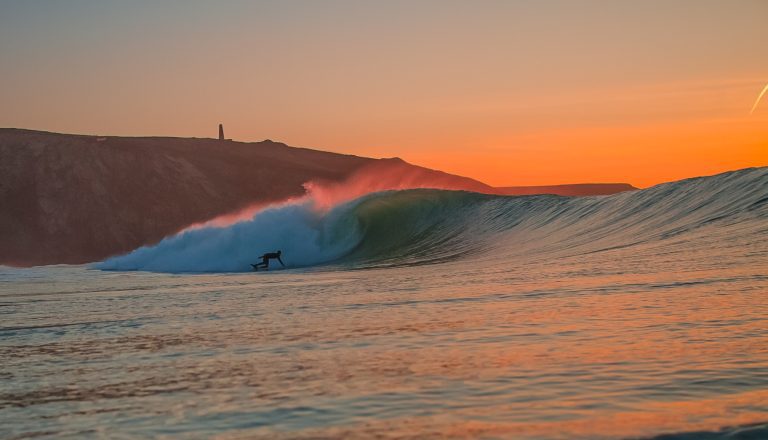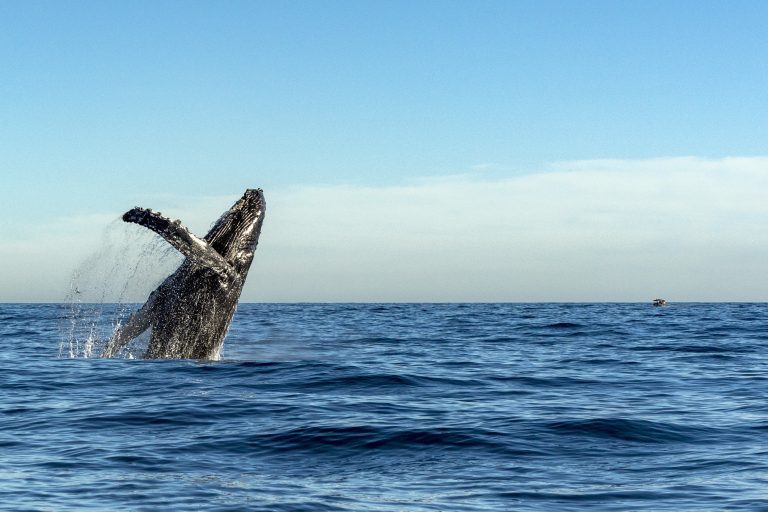
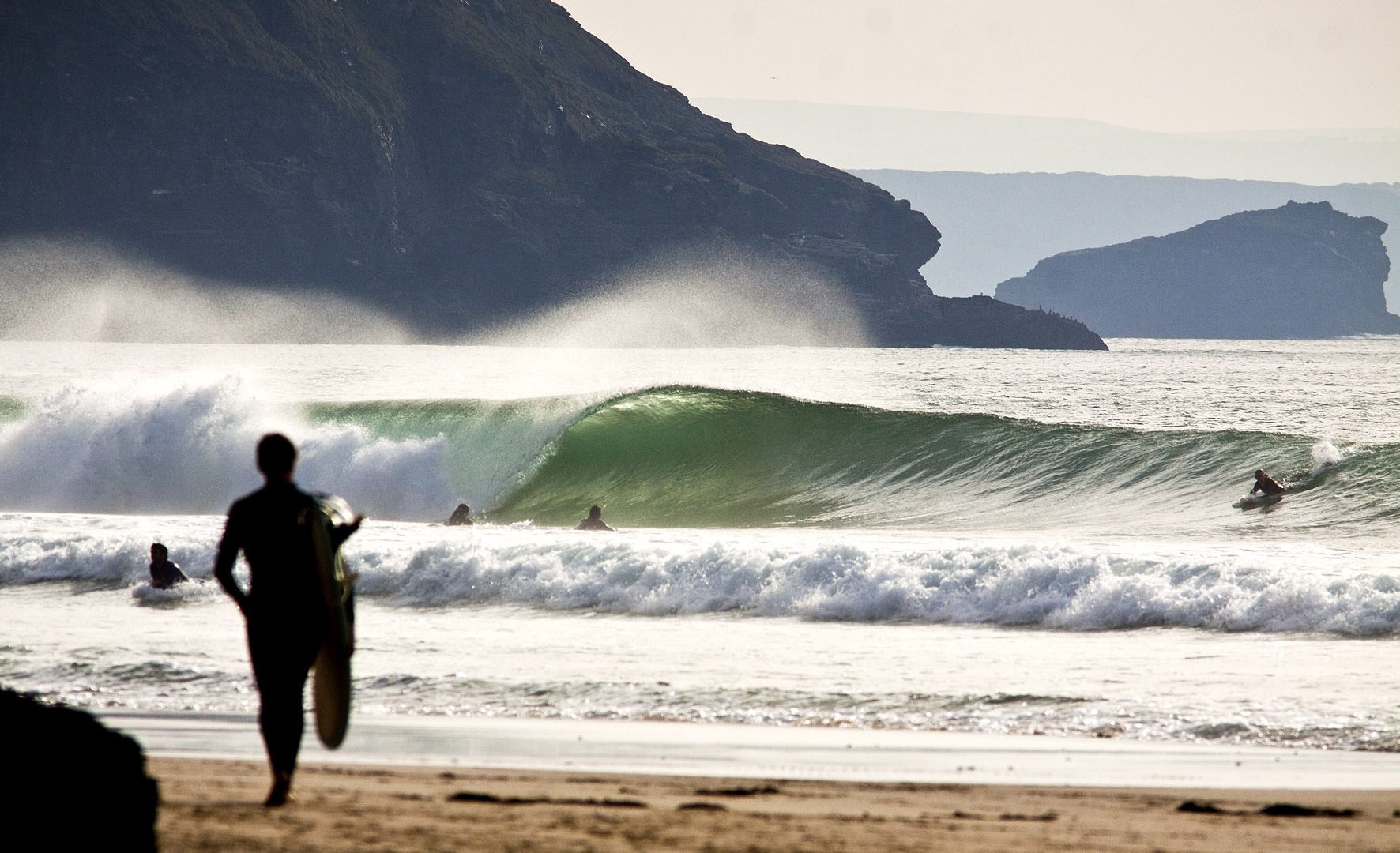
Ocean recovery: what we stand for
A rich, diverse ocean is a healthy ocean. And a healthy ocean is a healthy planet.
The UK has some of the most varied sea life in the world, but human actions mean this is just a shadow of what it was.
We’ve lost many of the biodiversity-rich habitats that once graced our coastlines. For example, in the last 200 years we have lost 80% of salt marshes, which are ten times more effective at capturing carbon than terrestrial ecosystems. Seabird numbers in the UK have plummeted by up to 70% in 25 years and 50% of UK sharks and rays are in a Threatened or Near Threatened category on the International Union for Conservation of Nature’s (IUCN) Red List of Threatened Species.
Why is this happening?
Simple. Human activity. Overfishing, ocean pollution, overexploitation of certain species, the introduction of invasive species, and ocean acidification and warming, have led to the destruction of marine ecosystems. Deep-sea mining and industrial fishing practices have destroyed many seabed ecosystems, resulting in the bycatch of thousands of dolphins, whales, seals and seabirds, depleting fish stocks and sending shockwaves down oceanic food webs.
Even the everyday actions of individual water lovers like us, affect the environments we interact with, whether we’re surfing or swimming, diving or kayaking, paddling or rockpooling.
How do we turn the tide?
Surfers Against Sewage is here to add voice and value to the work already being done by experts in ocean recovery. We connect the public with the science, raising awareness of the link between ocean health and human health to drive action and maximise impact. From reports that show the scale of the problem, to supporting on the delivery of the Ocean Recovery Manifesto, we add our clout and conviction to the cause however we can.
This means:
- We demand high protection status for 30% of the ocean and stronger protections for all Marine Protected Areas by 2030.
- We need Highly Protected Marine Areas and Marine Protected Areas to be adequately funded, well managed and, most importantly, enforced to ensure No Take Zones (NTZ) are effective.
- We need integrated management of marine, freshwater and terrestrial environments which tackles the nutrient and raw sewage pollution that effects all water environments.
- We need a ban on all dredging and trawling in Marine Protected Areas.
- We need explicit, legally binding targets for the recovery and improvement of the marine environment.
- We need to ensure that fisheries are truly sustainable and fully integrated with wider marine protection. Fishing quotas must be fairly allocated across the entire fleet based on sustainability criteria and these quotas effectively monitored and enforced. Subsidies and exemptions for industrial fishing must end.
- We need to end the extraction of fossil fuels and other resources from the marine environment and the government subsidies which sustain them. Instead, we need to invest in and support the creation of low impact renewable energies built with a requirement to leave the marine environment in a better state than it was found.
- We need to support projects that encourage the rewilding of marine environments that increase biodiversity and store blue carbon.
- We need to reduce the amount of dangerous chemical and plastic pollutants entering the marine environment by reducing their consumption and production at source and developing circular systems that keep materials within use.
- We need to increase awareness and knowledge amongst the general public about the need for ocean recovery in order to develop a popular mandate for the introduction of HPMAs.
- We need to highlight the positive economic and health and wellbeing benefits that ocean recovery provides for society.
- We need ocean activists to engage in projects that restore and rewild the ocean and to become increasingly aware that their individual actions also have an effect on the ocean.
- We need to raise awareness that the ecological and climate crisis are intrinsically linked.
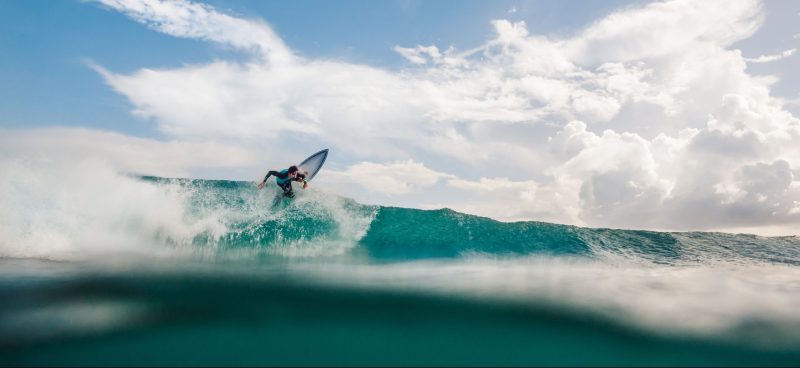
Our Thriving Ocean, Thriving People Report
Read our ocean recovery report which explores the role that the ocean plays in human health and wellbeing and investigates public understanding and attitudes towards marine protection.
Read the report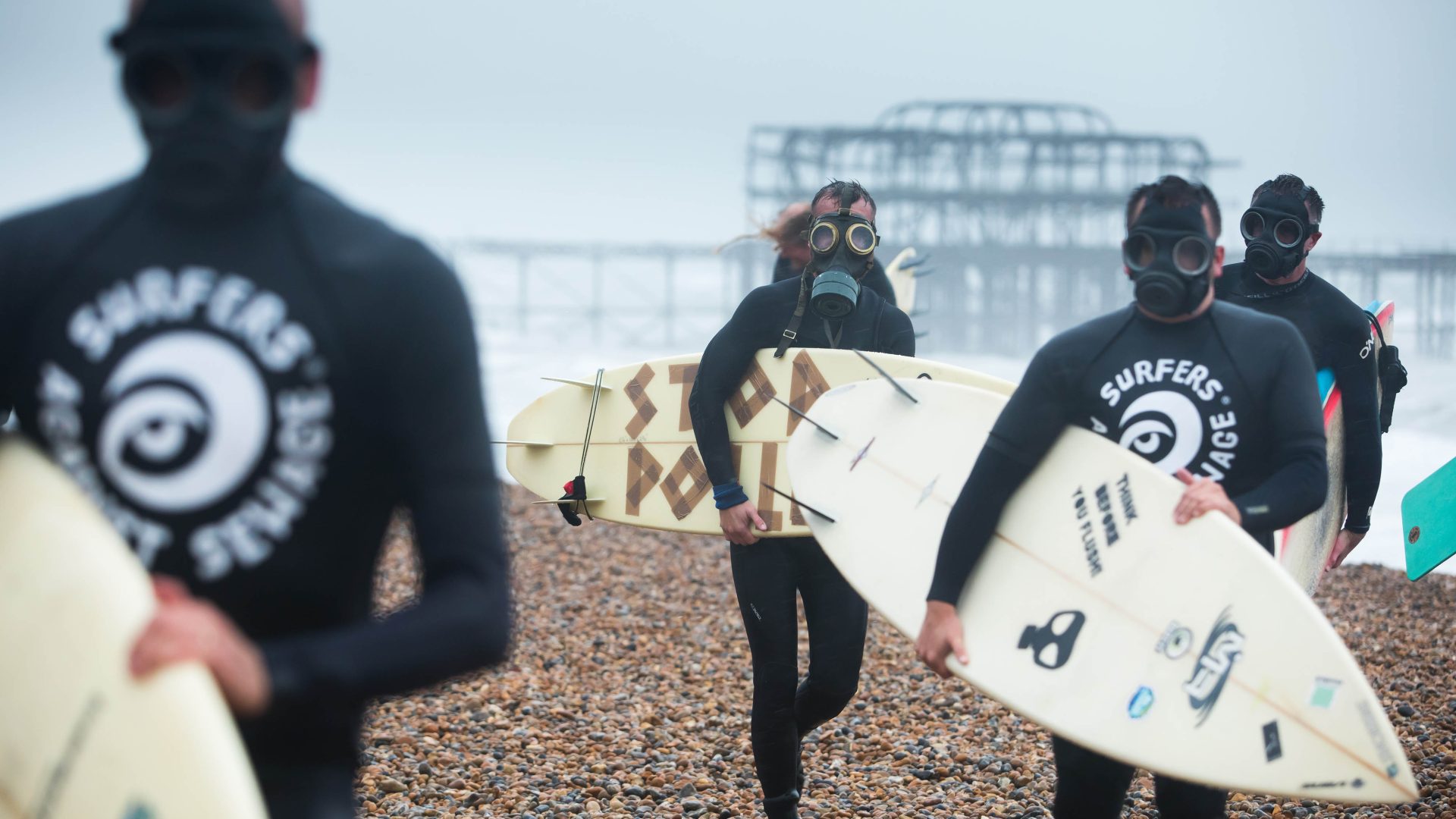
Fuel our fight
Protect and restore the ocean wilderness
Go deeper

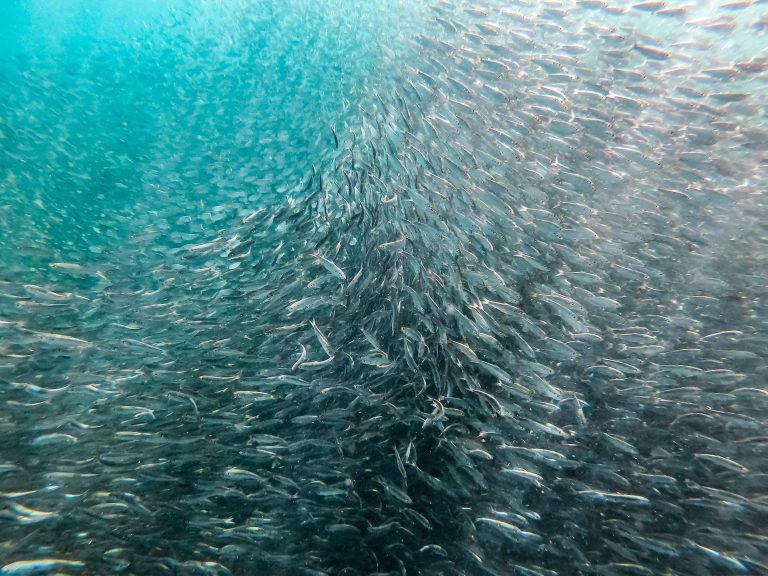
Ocean recovery: facts & figures
